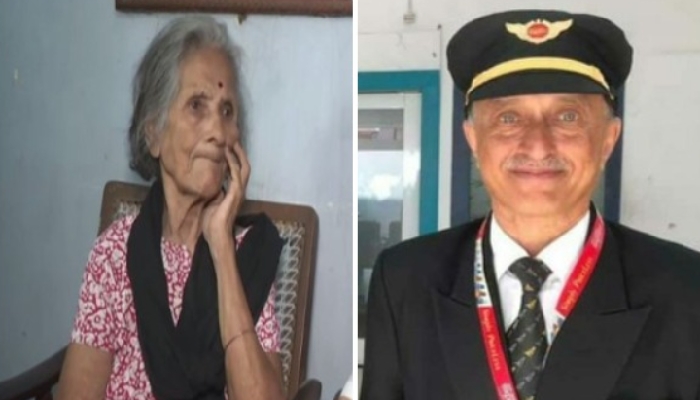Lucknow, Dec 8: A soldier who is the key suspect in the killing of a police inspector during a violent protest staged by hardline Hindutva forces in Uttar Pradesh's Bulandshahr earlier this week, has reportedly been detained.
Jitendra Malik, also known as Jeetu Fauji, was detained last night by a team of the Uttar Pradesh police from Jammu and Kashmir's Sopore town, sources said. However, the army and the police have officially not confirmed it. It is believed that he has close connection with Vishwa Hindu Parishad leaders in Uttar Pradesh.
Jeetu Fauji, who is posted in Srinagar, was in his hometown Bulandshahr on 15 day leave when the mob violence took place, and can be seen in various videos shot that day. Sources say he fled to Sopore the same evening inspector Subodh Kumar Singh and a civilian were killed.
Police sources say they are investigating whether Jeetu Fauji could have fired the shot that killed Subodh Kumar Singh. A senior officer investigating the incident said that it is too soon to say conclusively that Jeetu Fauji is the one who shot inspector Singh.
Inspector Subodh Kumar Singh and his team had gone to the village to tackle the violence when they came under attack. On video, a violent Hindutva mob is seen chasing the policemen and shouting: "Maaro, take his gun!" Inspector Singh was assaulted with a sharp weapon and then shot in the head.
At least eight people have been arrested for the mob violence which was triggered following rumours of cow slaughter.
Today, the top officer in Bulandshahr, and two other officers were transferred for not being fast enough in reacting to the situation that arose after animal carcasses were found. Senior Superintendent of Police Krishna Bahadur Singh has been moved to Lucknow and he has been replaced by the Superintendent of Police of Sitapur, Prabhakar Chaudhary.
The action was taken after a high-level meeting by the Director General of Police (DGP) OP Singh, who had handed over the report to Chief Minister Yogi Adityanath.
Yogi’s U-turn
Meanwhile, Yogi Adityanath has called the Bulandshahr incident an "accident".
He had earlier said the incident was result of a "big conspiracy" but at a media event in Delhi on Friday, he said that the incident was actually an accident.
"Uttar Pradesh mein koi mob lynching ki ghatna nahi hui hai... Bulandshahr mein jo hua wo ek durghatna thi (No mob lynching happened in Uttar Pradesh, what happened in Bulandshahr is an accident)," he said.






Comments
Add new comment